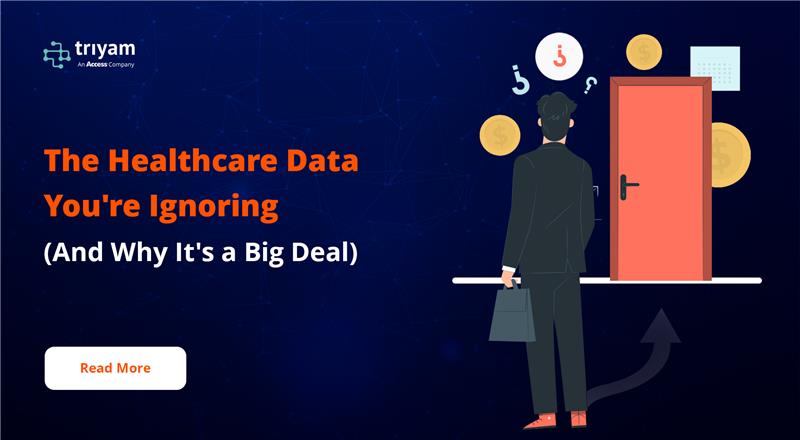Hospitals are drowning in data – patient records, lab results, medication lists – a daily deluge of vital information. But too often, this data is locked away in unwieldy, outdated non-discrete formats. Think PDFs, scanned images, and unstructured text. It’s like having a treasure chest filled with gold, but without the key to unlock it. This is where discrete data steps in, transforming raw information into a powerful, accessible resource.
Decoding the Difference: Discrete vs. Non-Discrete Data in Real Terms
Let’s break it down. Non-discrete data acts like a mysterious black box. You can view the information, but it remains unusable in any practical sense. It’s similar to trying to interpret a painting – you can see the hues, yet extracting the individual colors for scientific examination is impossible. Although AI is advancing in interpreting these formats, the process remains complicated, costly, and frequently unreliable for many healthcare providers.
Opting for non-discrete storage might appear to be a cost-effective choice, but it’s actually a misleading economy. Picture a clinician needing a particular lab result from a patient’s records. They must sift through numerous PDFs, squandering valuable time and possibly delaying essential care. Information release requests can become a legal quagmire, necessitating the sharing of entire documents, which may reveal sensitive data. And the validation process? It’s a tedious, labor-intensive ordeal.
In contrast, discrete data resembles a well-structured database. Each element of information – medication dosage, diagnosis code, lab result – is systematically organized in its own field, ready for access and analysis. It’s akin to a library filled with an organized card catalog rather than a disarray of books.
Why Discrete Data Isn’t Just an Added Bonus – It’s Vital
In healthcare IT, discrete data serves as the key to unlocking essential patient information. Imagine being able to quickly query a database for all patients on a particular medication or evaluate the effectiveness of a new treatment protocol. This is the strength of discrete data.
It is also critical for product recalls. Need to find all patients who received a specific medical device? Discrete data simplifies this query, eliminating the frantic hunt through numerous PDFs. Additionally, for legal matters, discrete data facilitates precise information release, safeguarding patient privacy and ensuring HIPAA compliance.
The “Active” Edge: Why Discrete Data Benefits You
Discrete data is “active” as it enables analysis, comparison, and manipulation. You can monitor trends, recognize patterns, and create insightful reports. You can also revise and update records, maintaining a complete audit trail to ensure data accuracy. Imagine correcting an error in a patient’s record – with discrete data, it’s a straightforward task.
Conversely, non-discrete data is “passive.” Once entered, it becomes inaccessible for analysis. You cannot compare it, nor can you easily extract specific information.
The Bottom Line: Investing in Discrete Data is Investing in Better Healthcare
Yes, discrete data archiving might require a higher upfront investment. But the long-term benefits are undeniable. Improved efficiency, enhanced patient care, reduced legal risks, and better data-driven decision-making – these are the dividends of a well-organized discrete data system.
For healthcare organizations seeking to optimize their data management strategies, particularly concerning the complexities of data migration and archiving, partnering with experts like Triyam can be a strategic advantage. Triyam’s focus on legacy data management and migration solutions directly addresses the challenges of extracting, transforming, and loading (ETL) discrete data from disparate systems into a unified, accessible format. Their expertise ensures that critical discrete data is not only preserved but also made actionable, supporting informed decision-making and long-term data integrity. By facilitating seamless data migration and archiving, Triyam enables healthcare providers to unlock the full potential of their discrete data, ultimately contributing to better patient outcomes and operational efficiency.
Schedule a free consultation today!

